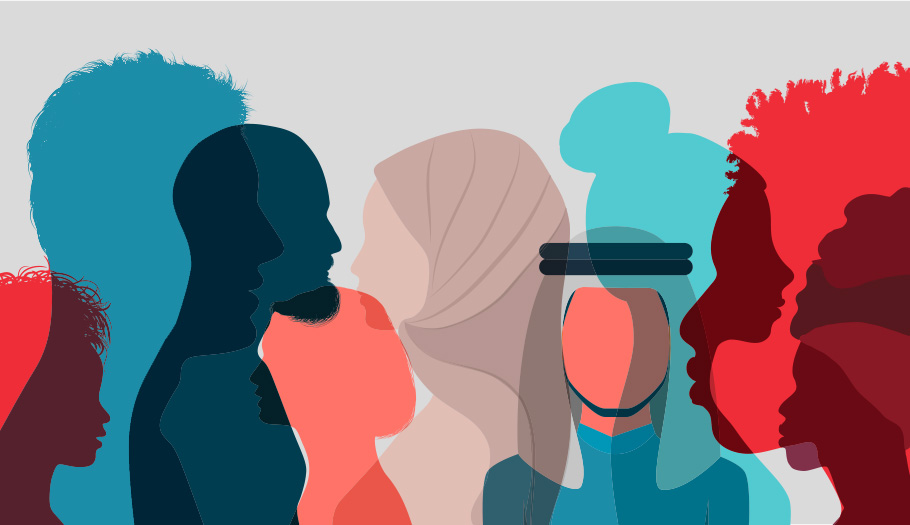My Journey:
First of all, the types of online communication I am familiar with are mainly social media platforms. They include Instagram, which I constantly use for socializing, Facebook, TikTok and sometimes Twitter to rant. All my accounts are private; This gives me a sense of freedom, where I feel that I can do or say whatever I want among a small circle, as I wouldn’t feel comfortable to do or say the same things among the public. Not that they are wrong or offensive, but it is about comfort and a matter of privacy.
Soliya dialogue in Connect Express was different than what I mentioned above in several things. To start with, people in Soliya dialogue are significantly less than people on my social media. This made me somehow at ease while speaking and opening my camera, as I knew we were in a safe space, and it was controlled well because of the small number of participants. Also, Soliya dialogue integrated diverse people from around the world, which definitely I don’t have on my social media. I follow different people and celebrities from different countries, but Soliya dialogue is different, as I actually interact with these people not only follow them and see their posts. However, I had the same experience before in my International Marketing course; It combined students from USA, Lebanon, Libya, and Egypt. It was interesting, yet we were almost 70 students on Zoom in addition to the professors and facilitators. This means that Soliya was somehow unique in a way. It gathered a safe space, small group to connect easily and a cross cultural one to share similarities and differences.
In Soliya, I proposed some topics and initiated some negotiations that I don’t think I would’ve done in any other program. For example, I was able to talk about Ramadan in Egypt, Ancient Egyptians and what renovation Egypt is experiencing lately. This made me feel genuinely happy and proud of my Egyptian culture. I hope that I have encouraged some of them to visit Egypt. Also, for the controversial topics, we talked about men and women rights in the Middle East. It was surprising to see that people from the other side of the world have the same perspective as me regarding certain topics. However, there are certain things that we didn’t agree on. For instance, I visited Louvre Museum and felt that it is very overrated, yet Nevena, a participant, disagreed with me. We learned to accept each other’s opinions.
During Soliya program, I always felt connected and included in the conversation even when I faced issues with my Internet and camera. I still communicated with everyone thanks to the coaches. Even though Soliya taught me things about other countries and other identities, I felt that this experience could have been fostered by including more discussions and topics in the same amount of time like talking more about differences between the present people and take it from there.


Provide Feedback